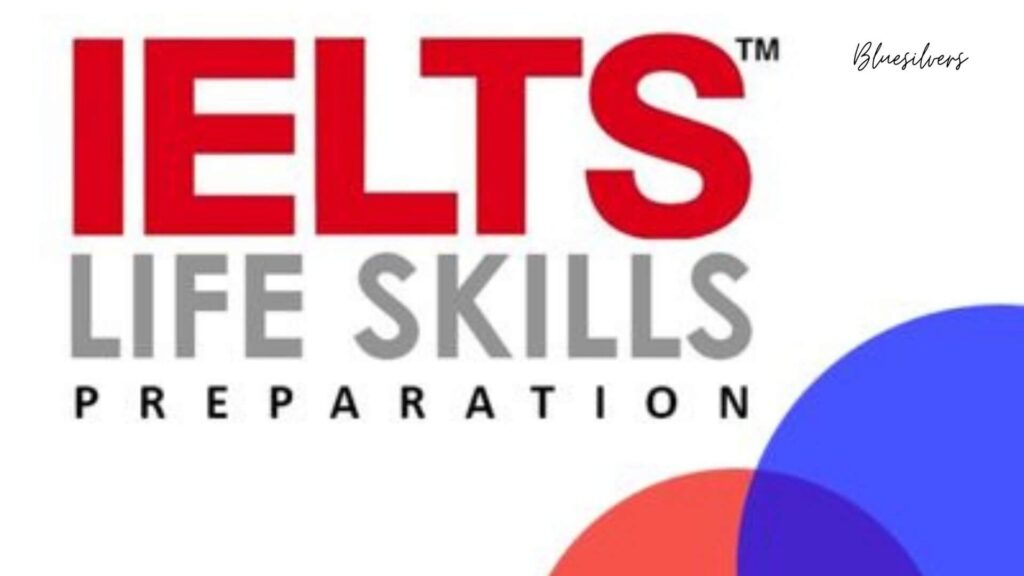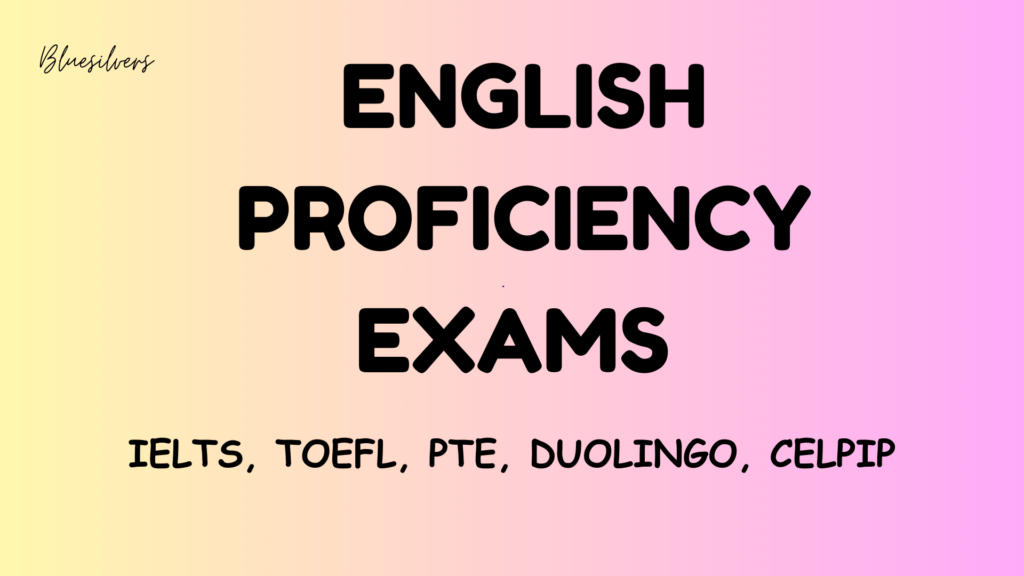Grammatical Range Accuracy is the last marking guide in the IELTS writing. This marking guide considers your grammatical errors in your essay. Grammatical Range Accuracy is a very wide marking guide and it is really challenging for me to cover all parts of grammar that might affect your score if not properly understood. In summary, we can get a hold of grammar by considering these few topics
- Subject-verb agreement
- Parallelism
- Pronouns
- Modifiers
- Comparisons
- Punctuation marks
- Sentence Structure
This part is definitely more than this. However, a proper understanding of these few subjects will help you in writing not only in IELTS but also in any other writing or English exams
Subject-verb agreement
What is subject-verb agreement?
Subject-verb agreement means that the subject and the verb must always be in agreement. In other words, if the subject is singular, the verb that goes with it must be singular. Also, if the subject is plural, the verb must be plural. Let’s take a look at a few examples:
The boy and his friends play football in the next compound
The man, who scored the golden goal, lives next door to us
If you look at the first sentence, the subject is ‘the boy and his friends’. This is a plural subject (that is the subject is more than one). The verb in the sentence is ‘play’ which is a plural verb. How? Because it doesn’t ends with a ‘s’. For instance, play is a plural verb while plays is a singular verb
If you look at the second example, the subject of the sentence is what? Can you guess? Off course, the subject is the man. The phrase ‘who scored the golden goal’ is a modifier. That it modifies the subject ‘the man’. Here we have a singular noun, it must go with a singular verb. The verb in the second sentence is ‘lives’ which is singular.
From these explanation, I hope the meaning of subject-verb agreement is clear. Off course, this subject is far more than this example given above. There are so many sentences we write when writing an essay with several subjects. Some could be gerund, others could be collective or abstract nouns. Let’s consider the rules for all these subjects
Rules for subject-verb agreement
- Every sentence must have a subject and a verb. A sentence without a verb is called fragment. Any correct answer must have a subject and a verb.
Many of my students do write fragments but if you don’t look at the sentence closely, you wouldn’t know they are fragment. Let me give example of some:
Wrong: Even though Africa, which is the least develop continent in the world, is gradually gaining recognition for the recent development seen in some African countries.
Wrong: The discovery of a radioactive electron named after Macquerel, the scientist who discovered it
These two sentences are examples of a fragment. To correct them, we need to either add the main clause or add a verb. For example
Correct: Even though Africa, which is the least develop continent in the world, is gradually gaining recognition for the recent development seen in some African countries, it still have a long way to go to be finally described as a developed continent
Correct: The discovery of a radioactive electron was named after Macquerel, the scientist who discovered it.
Wrong: The element named in 1754.
Correct: The element WAS NAMED in 1754.
A sentence can be a fragment in another way; it could start with a Connecting Word (subordinate clause) and contain no Main Clause (a clause that could stand alone as a sentence as is, with its own subject and verb)
Look at this correct sentence,
For any nation to develop economically, it must encourage industrialization, invest on its education and give loan to SMEs
This sentence has two sentences: the first is a subordinate clause. That is, it is a dependent clause because it can’t stand alone. The second is the main clause. This is an example of a complex sentence. The point here is, many students sometimes fail to add the main clause perhaps the sentence they have written is too long
Even though Africa, which is the least develop continent in the world, is gradually gaining recognition for the recent development seen in some African countries.
If you look at this sentence, the main clause isn’t there. However, someone can think that this sentence is correct because it is long.
- A singular subject must attract a singular verb and a plural subject must attract a plural verb.
The disaster caused by non-renewable sources of energy (is/are) far from what could be imagined
What is the correct answer, Is/are? The subject is the ‘disaster’, so ‘is’ is the correct answer because the subject ‘disaster’ is singular and ‘is’ is singular
- Eliminate modifiers or any additional word, phrase or clause. Sometimes, when we write, we have modifiers modifying the verb and sometimes, it could be confusing to determine the right verb. What you can do is to cancel the modifiers in your mind to determine the right verb
Consider these examples below
The impacts of green supply chain, a sustainable practice, on profitability (has/have) not been explicitly ascertained
Remove the modifier. What do you see? You would have seen a smaller sentence. So what is the answer? The answer is have
The impacts of green supply chain, a sustainable practice, on profitability (has/have) not been explicitly ascertained
Limping, the goat previously regarded as one of the favourites (was/were) taken away.
Limping, the goat previously regarded as one of the favourites (was/were) taken away.
What is the answer: was or were? The answer is was. The goat was taken away
- When and is used to join two subjects, the subject is considered plural.
Bode and his friends (is/are) going to see the king
The answer is are because the subject ‘Bode and his friends’ are plural
- When you use additive phrases to join to subjects, please note that additive phrases do not affect the subject of a sentence. Examples of additive phrases are: along with, in addition, accompanied by, together with, as well as, including etc.
Frank, accompanied his friends, (is/are) going to the cinema
What is the correct answer? The correct answer is ‘is’ because the subject is ‘Frank’
- Either … or, neither…nor takes the subject nearer to the verb as the subject of the sentence.
Either John or his friends ARE cooking the meal. The correct answer is ‘are’ because ‘friends’ is the subject of the sentence
Neither the students nor the teacher IS going to the field. The correct answer is ‘is’ because ‘teacher’ is the subject of the sentence
- A Collective Noun is a noun that looks singular (it usually does not end with an -s) but can refer to a group of people or objects. They are singular and they take singular verbs. Some examples include the following: agency, army, audience, class, committee, crowd, orchestra, team baggage, citrus, equipment, fleet, fruit, furniture etc.
- All indefinite pronouns go with singular verbs except SOME, ANY, MORE/MOST, ALL, NONE. Examples of other indefinite pronouns are anyone, anybody, anything No one, nobody, nothing, each, every (as pronouns), someone, somebody, something, everyone, everybody, everything, whatever, whoever etc.
(1) everyone IS her for the party. (2) Some of the money WAS stolen from my wallet. (Money is singular). (3) Some of the documents WERE stolen from the bank. (Documents is plural). (4) Every dog and cat HAS paws. (5) Each of these shirts IS expensive. When each comes after a subject, the verb agrees with the subject irrespective of the presence of each. E.g. We each are successful businessmen.
- Consider these examples: (1) the number of hardworking farmers has big farms. (2) A number of workers in the factory ARE old people. (3) Half of the yam IS sweet, and half of the potatoes ARE already done. (4) The majority of the students in this class ARE hard workers. (5) In the Senate, the majority HAS coalesced into a unified voting block. The number of is singular and A number of is plural. Half of or majority of can either be singular of plural depending on the noun.
This exercise can help you better understand the concepts explained about subject-verb agreement. The exercise some examples in the article are taken from Mahnattan GMAT sentence correction textbook
DRILL QUESTIONS
Correct the following sentences if they are wrong. If they are correct, write correct.
- The traveling salesman was dismayed to learn that neither his sons nor his daughter were interested in moving.
- A venomous snake designated the emblem of the rebellion by the insurgency.
- A number of players on the team have improved since last season.
- Jack, along with some of his closest friends, is sharing a limo to the prom.
- There is, according to my doctor, many courses of treatment available to me.
- Just around the corner is a fantastic bakery and a small supermarket.
- Planting all these seeds is more involved than I thought.
Correction
- The traveling salesman was dismayed to learn that neither his sons nor his daughter were interested in moving.
The answer is ‘was’ because daughter is the subject of the sentence
- The first sentence is a fragment. This is the correct form
A venomous snake was designated the emblem of the rebellion by the insurgency.
- A number of players on the team have improved since last season.
A number of players on the team has improved since last season. ‘has’ is the answer because ‘a number of’ is singular
- Jack, along with some of his closest friends, is sharing a limo to the prom.
The sentence is correct. Jack is the subject of the sentence
- There is, according to my doctor, many causes of treatment available to me.
The answer is ‘are’ because the subject is ‘causes’
- Just around the corner is a fantastic bakery and a small supermarket.
The sentence is incorrect. The correct form is
Just around the corner are a fantastic bakery and a small supermarket.
- Planting all these seeds is more involved than I thought.
The sentence is correct because ‘planting’ is the subject of the sentence
Reference
- Manhattan GMAT sentence correction textbook





